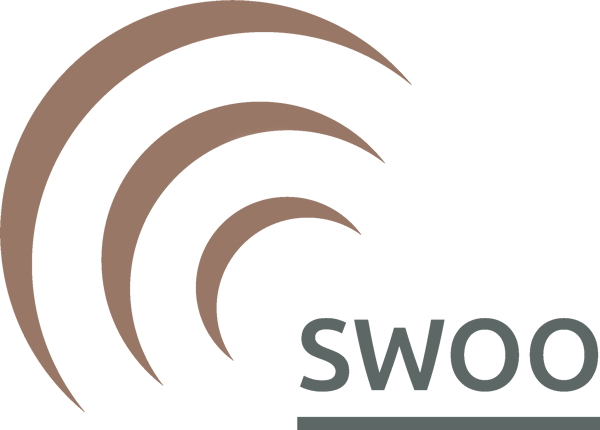OBJECTIVE: To review the literature involving complementary and alternative medicine (CAM) for pediatric otitis media. Multiple modalities are discussed, including prevention involving breastfeeding, nutrition, and vaccination; symptomatic treatment involving homeopathy, natural health products, and probiotics; manual manipulations involving osteopathy and chiropractics; and traditional Chinese and Japanese medicine. The information presented will assist physicians in advising patients on their decision-making during the early stages of otitis media when antibiotics and surgery are not yet indicated. METHODS: A systematic literature search was conducted through January 2012 in PubMed using MESH term “otitis media” in conjunction with “complementary therapies,” “homeopathy,” “manipulation, osteopathic,” “manipulation, chiropractic,” “acupuncture therapy,” “probiotics,” “naturopathy,” and “xylitol.” Theses searches yielded 163 unique results. Abstracts and titles were evaluated for relevance. Case reports, case series, randomized controlled trials, and basic science research were included. Publications not relevant to the discussion of alternative medicine in otitis media were excluded. Bibliographies were checked for further publications. Thirty-six unique publications were reviewed. RESULTS: Of all therapies in complementary and alternative medicine, only xylitol has been studied in well-designed, randomized, blinded trials; it is likely effective, but compliance limits its applicability. CONCLUSIONS: Management of acute otitis media begins with watchful waiting. Herbal eardrops may help relieve symptoms. Homeopathic treatments may help decrease pain and lead to faster resolution. Prevention should be emphasized with elimination of risk factors, such as second hand smoke and bottle-feeding, as well as maintaining nutrition and vaccinations. Vitamin supplementation may be helpful. Probiotics and xylitol may be beneficial as well. Traditional Chinese/Japanese therapies show promising results but remain speculative until further research is conducted. Severe cases of otitis media with complications or those that fail to improve with observation or CAM (after 48-72h) should be treated with antibiotics and, in some cases, surgical intervention. It is best to consult a physician when making treatment decisions for full guidance on the risks and benefits of any treatment option.
Levi, Jessica R Brody, Robert M McKee-Cole, Katie Pribitkin, Edmund O'Reilly, Robert eng Comparative Study Review Ireland Int J Pediatr Otorhinolaryngol. 2013 Jun;77(6):926-31. doi: 10.1016/j.ijporl.2013.03.009. Epub 2013 Apr 4.
https://www.ncbi.nlm.nih.gov/pubmed/23562352


